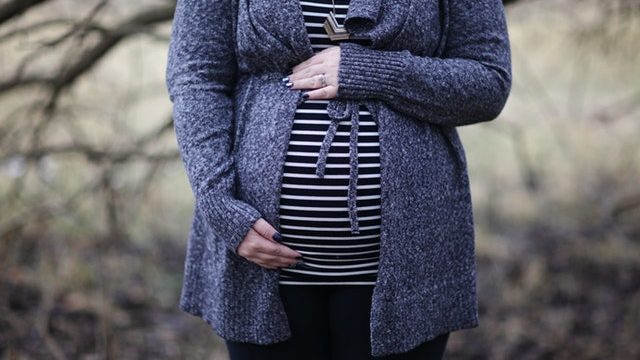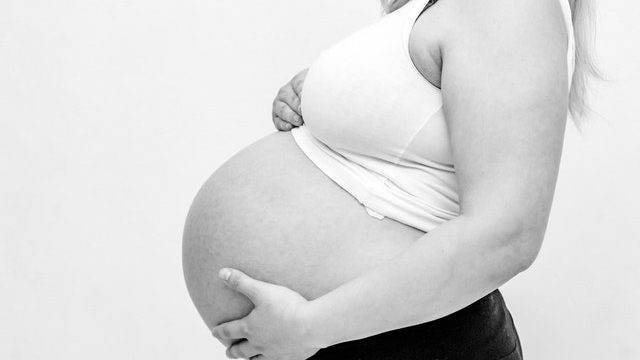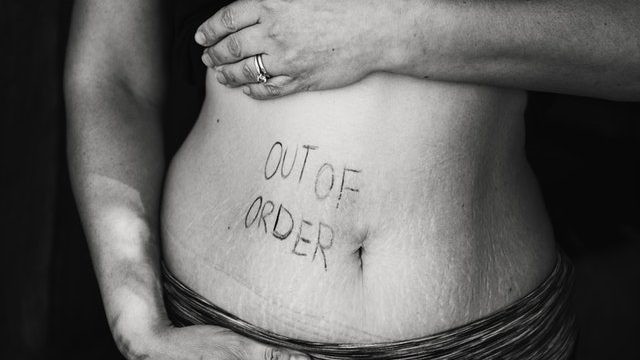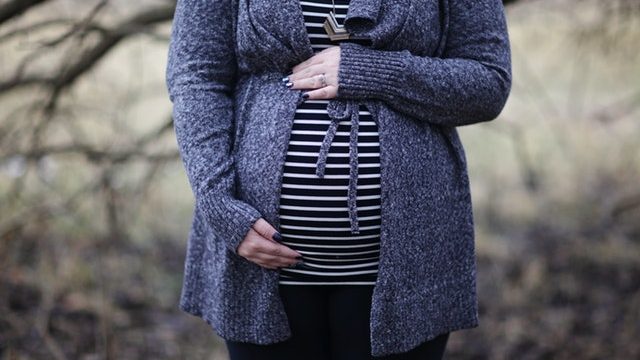PCOS and pregnancy is a common issue which women consult me for.
Women with PCOS have a hormonal imbalance and insulin resistance which leads to menstrual disorders and inability to make eggs i.e. ovulation issues. Therefore it is quite common for them to present to the gynaecologist with infertility i.e. inability to conceive.
It is one of the commonest reasons for infertility in women. Many women with PCOS undergo assisted reproductive techniques which involve ovulation induction with:
- Medication (taking tablets or injections to make eggs)
- Follicular Studies
- And then Intrauterine Insemination
- Or In Vitro Fertilization as required.
Women with PCOS once pregnant have multiple factors which impact their pregnancy.
Multifetal Pregnancies Are Common
Most women with PCOS undergo assisted reproduction and invitro-fertilization. Most women will have a transfer of two embryos in one cycle to increase the chance of implantation. This leads to twin pregnancies.
On some occasions, triplets are also possible. Multifetal pregnancies come with their own risks.
Women with PCOS have a higher chance of miscarriage.
Therefore, they are commonly given support in the luteal phase that is when implantation is happening, and in the first three months of pregnancy.
Women with PCOS have insulin resistance and therefore tend to have higher sugar levels.
Pregnancy by itself is also a diabetogenic state. Therefore, women with PCOS, when they are pregnant, tend to have a higher chance of getting diabetes in pregnancy.
Many women are already taking insulin sensitizers such as metformin before getting pregnant and most are advised to continue the same during pregnancy.
All pregnant women undergo sugar testing at first visit and a glucose tolerance test is done specifically at 28 weeks to review the sugars. Women with PCOS may need more regular monitoring of their sugar levels.
Diabetes in pregnancy can lead to miscarriage, preterm labour, increase the chances of operative delivery, and increase the chance of baby requiring intensive care.
Women with PCOS have a higher chance of having a heavier baby or large for date baby.
Just as the mother’s sugar increases so also the sugar in the body of the foetus increases. This leads to increased fat deposition in the baby. Therefore, they tend to have big babies.
This can lead to difficult vaginal delivery. It will increase the chance of instrumental delivery, vaginal tear, and episiotomy. There is a small chance that the shoulder may sometimes be stuck at the pelvic brim and make it difficult to deliver the baby.
In view of infertility, assisted reproduction, gestational diabetes, and big babies, the pregnant women with PCOS tend to have a high chance of planned elective caesarean section.
PCOS Pregnancy: Women are encouraged to:
- Follow a healthy diet and to do regular exercise before and during pregnancy so that they can maintain their weight and sugar levels.
- Do regular sugar monitoring
- Take folic acid
- Continue insulin sensitizers in case they are required even during pregnancy.
- Have regular antenatal checks
- Consider the screening tests that are advised.
It is important to note that women with PCOS have a good chance of pregnancy and an excellent take-home baby rate as there is a lot of medical help available.










































































































